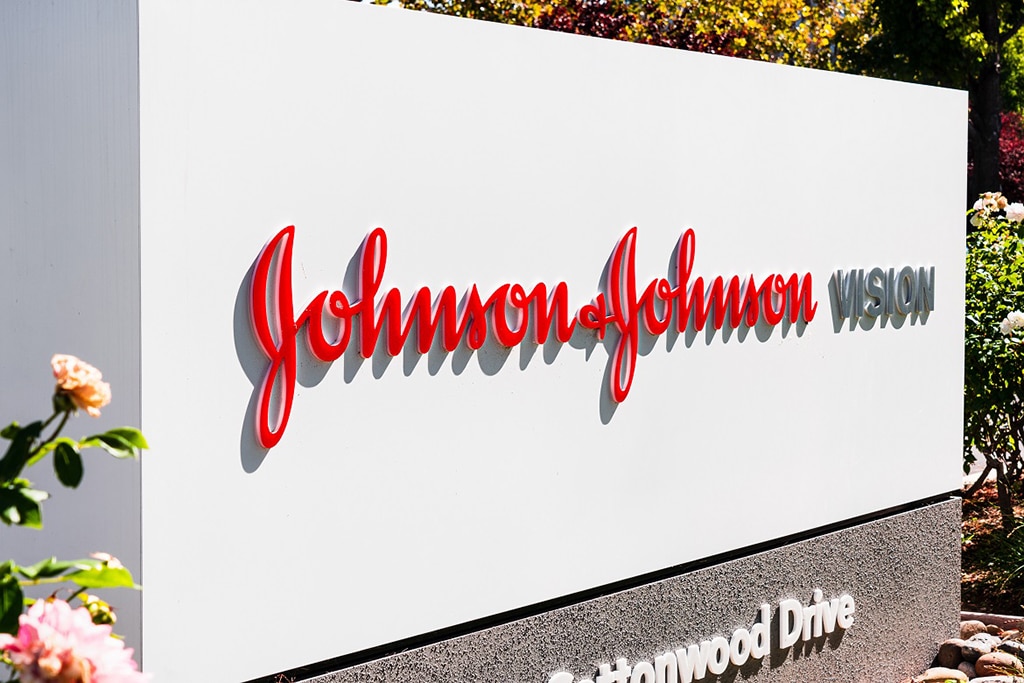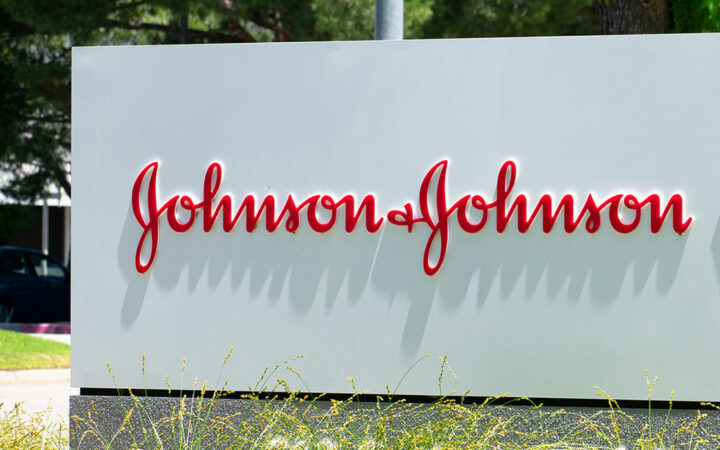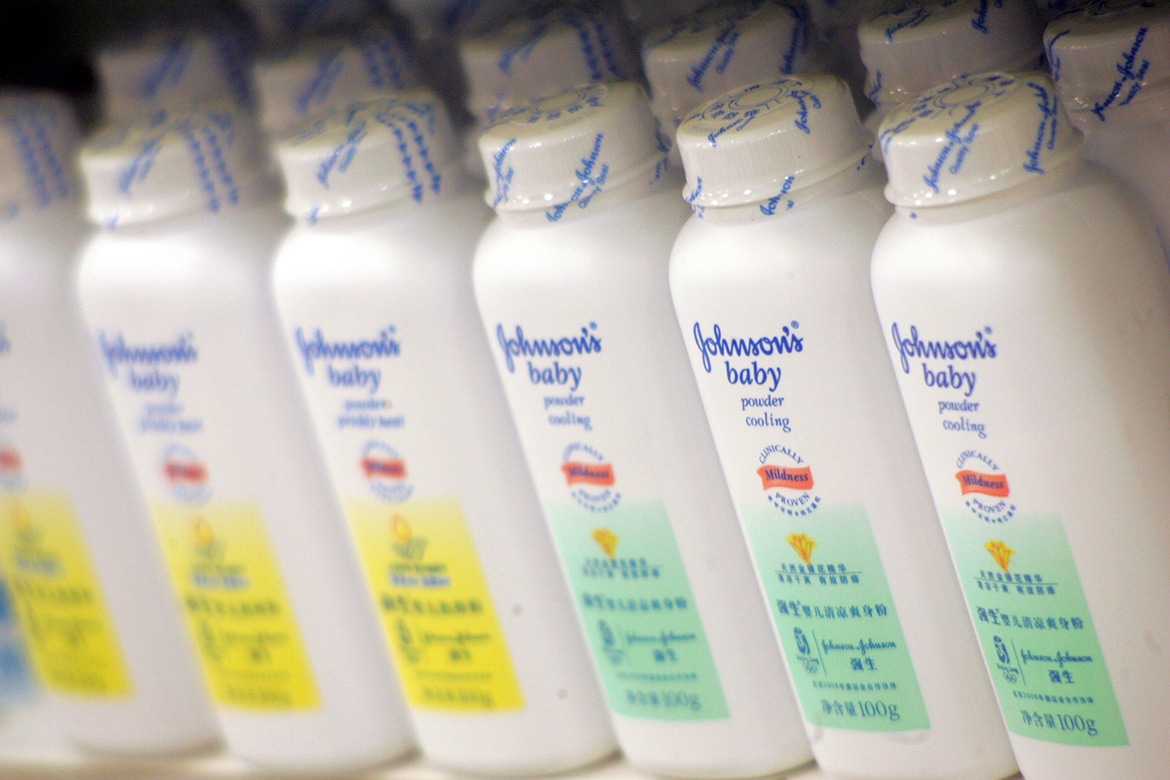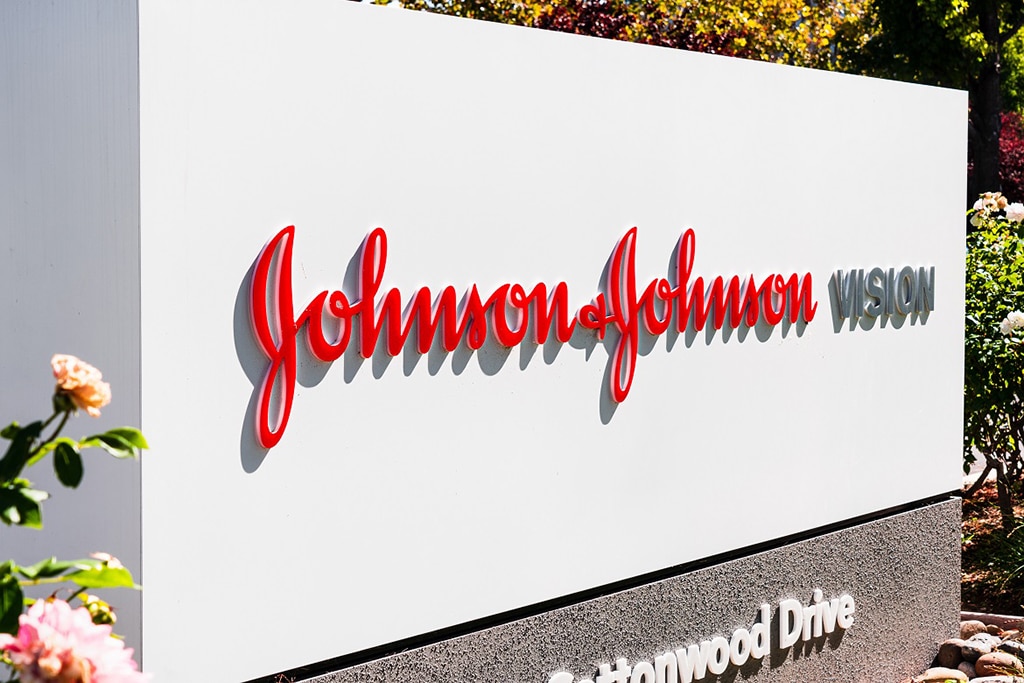
Darya is a crypto enthusiast who strongly believes in the future of blockchain. Being a hospitality professional, she is interested in finding the ways blockchain can change different industries and bring our life to a different level.
On July 2, Johnson & Johnson (JNJ) stock closed 0.51% up, at $140.97 per share. In the pre-market today, it is 1.15% up, $142.59 per share.

Companies taking part in the coronavirus vaccine race fall into the category of the most closely observed market players at present. One of them is Johnson & Johnson (NYSE: JNJ). Johnson & Johnson stock has been showing pretty good performance this year due to the company’s progress in vaccine development. However, now this smooth running is out on a limb because of Johnson & Johnson’s numerous legal issues.
On July 2, Johnson & Johnson stock closed 0.51% up, at $140.97 per share. In the pre-market today, it is 1.15% up, $142.59 per share as of press moment. Year-to-date, its change is negative by 3.36%. Since the March lows, it has gained 27%. In the second half of July, Johnson & Johnson is planning to start phase 1/2 vaccine trials, which will change the figures again.
In the long run, JNJ stock is an attractive investment. Its top-selling drugs, Imbruvica, Darzalex, and Stelara, have seen strong growth over the recent years, which allows us to believe in the company’s steady revenue and earnings growth in the future.
However, some are worried about legal problems the company has faced that may undermine Johnson & Johnson’s financial stability.
Johnson & Johnson has to pay numerous fines related to its involvement in the opioid crisis. In November, an Oklahoma judge ordered the company to pay $465 million because of the state’s opioid problem. In January, Washington state authorities also filed a lawsuit against J&J related to opioids.
Last month, Johnson & Johnson learned that it had to pay $2.1 billion to women who said they contracted ovarian cancer as a result of using its talc-based products. Notably, this amount is already reduced. Initially, it made up as much as $4.7 billion. But then the Missouri Court of Appeals decided that some of the plaintiffs should not have been included in the case as they were from outside the state.
In May, Johnson & Johnson said it would no longer produce its talc-based baby powder in Canada and the US, saying that demand “has been declining due in large part to changes in consumer habits and fueled by misinformation around the safety of the product and a constant barrage of litigation advertising.” However, it continues to sell the product in the rest of the world.
In 2019, Johnson & Johnson’s profit totaled $15.1 billion, its free cash flow was $19.9 billion. The fines will not make the company bankrupt, but the impact on its budget will be definitely negative. For now, Johnson & Johnson has to handle these fines and henceforth not to make such mistakes in production.
Disclaimer: Coinspeaker is committed to providing unbiased and transparent reporting. This article aims to deliver accurate and timely information but should not be taken as financial or investment advice. Since market conditions can change rapidly, we encourage you to verify information on your own and consult with a professional before making any decisions based on this content.

Darya is a crypto enthusiast who strongly believes in the future of blockchain. Being a hospitality professional, she is interested in finding the ways blockchain can change different industries and bring our life to a different level.




